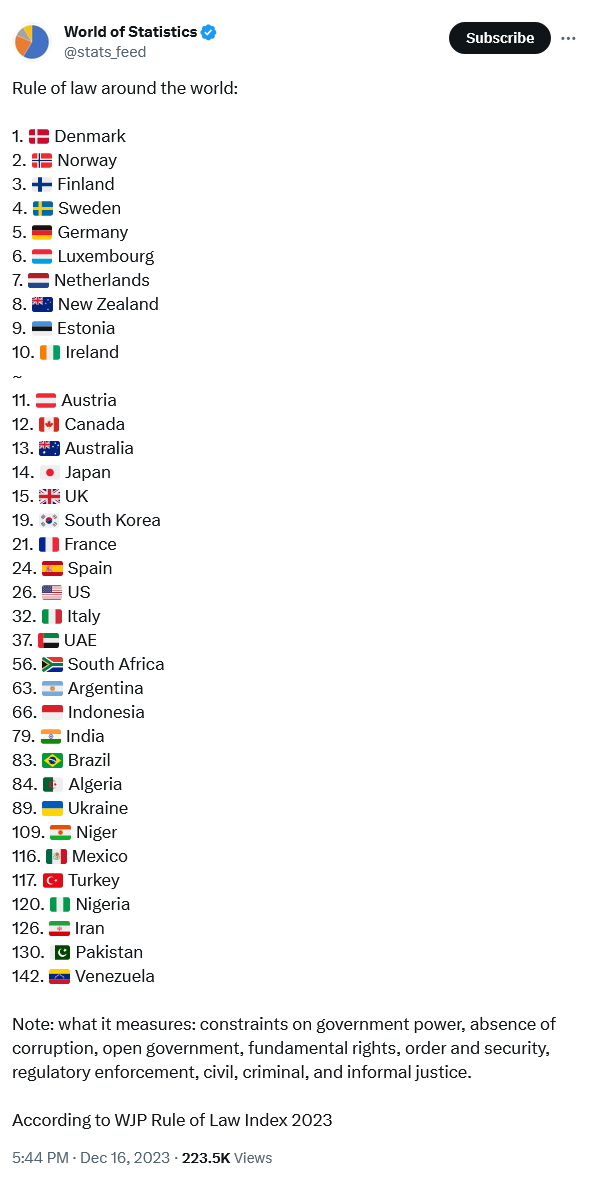Introduction:
The Fourth Industrial Revolution has ushered in an era of technological transformation, where computer technology, artificial intelligence, machine learning, and robotics play pivotal roles in the global economy. In this article, we explore career opportunities that are on the rise in various sectors, highlighting the fact that the Fourth Industrial Revolution doesn't mean stagnation in traditional industries.
Identifying Growth Sectors:
The World Economic Forum, through a comprehensive survey of 803 major companies, has pinpointed sectors that are likely to witness significant job opportunities in the coming years. These companies collectively employ over 1.1 million individuals across 45 different economies, reflecting a diverse representation of the global workforce.
- Robotics Engineer:
Robotics engineers are instrumental in designing and developing robotic systems for a wide range of applications. They are responsible for creating prototypes, maintaining and repairing machines, conducting research, and innovating new applications for existing robots. These robots are employed in diverse fields, from space exploration and advanced surgical procedures to optimizing manufacturing processes.
To embark on a career as a robotics engineer, the first step involves obtaining a degree in robotics, followed by specialized knowledge in either the computer science aspects of robotics or the mechanical and electrical engineering facets.
- Engineer in Electro Technology:
Electrotechnology engineering encompasses professionals like electrical engineers, electronic engineers, and telecommunications engineers. These experts are involved in designing and operating electronic, electrical, and telecommunication equipment. They are responsible for the control systems that monitor the performance and safety of electrical and electronic systems in various industries. Their knowledge extends to electric power generation, transmission, and distribution systems.
- Data Analyst and Data Scientist:
Data analysts and data scientists have similar roles in seeking trends and insights from data to benefit their clients. However, data scientists typically have more responsibilities and hold more senior positions. Data scientists work on developing their own data-related questions and often employ machine learning models, while data analysts collaborate with teams with predefined goals.
Both roles require a deep understanding of statistics and advanced programming skills. The demand for data professionals is steadily growing, making data science one of the most sought-after careers today and in the future.
- Farm Operator:
Farm operators play a crucial role in supporting agricultural activities. They operate machinery for planting, harvesting, feeding animals, and more. Their responsibilities extend to tasks like irrigation, driving vehicles, and handling post-harvest equipment. With modern technology, farm operators may operate tractors, fertilizer spreaders, trucks, conveyors, and various other specialized equipment, contributing to efficient and sustainable farming practices.
- Digital Transformation Expert:
In the fast-evolving technological landscape, digital transformation experts are essential for companies looking to leverage available tools and foster growth. These professionals closely analyze their organizations to identify technological needs and develop digital transformation strategies. They work in teams to upgrade existing technologies, acquire new tools, train employees, and adapt workflows to integrate new technologies seamlessly.
Conclusion:
The Fourth Industrial Revolution is characterized by the pervasive influence of technology in various sectors of the global economy. While computer science and related fields have witnessed tremendous growth, traditional industries are also adapting and expanding. The emerging career paths mentioned in this article demonstrate that opportunities abound across diverse fields, ensuring that the global workforce remains dynamic and adaptable in the face of ongoing technological evolution.












